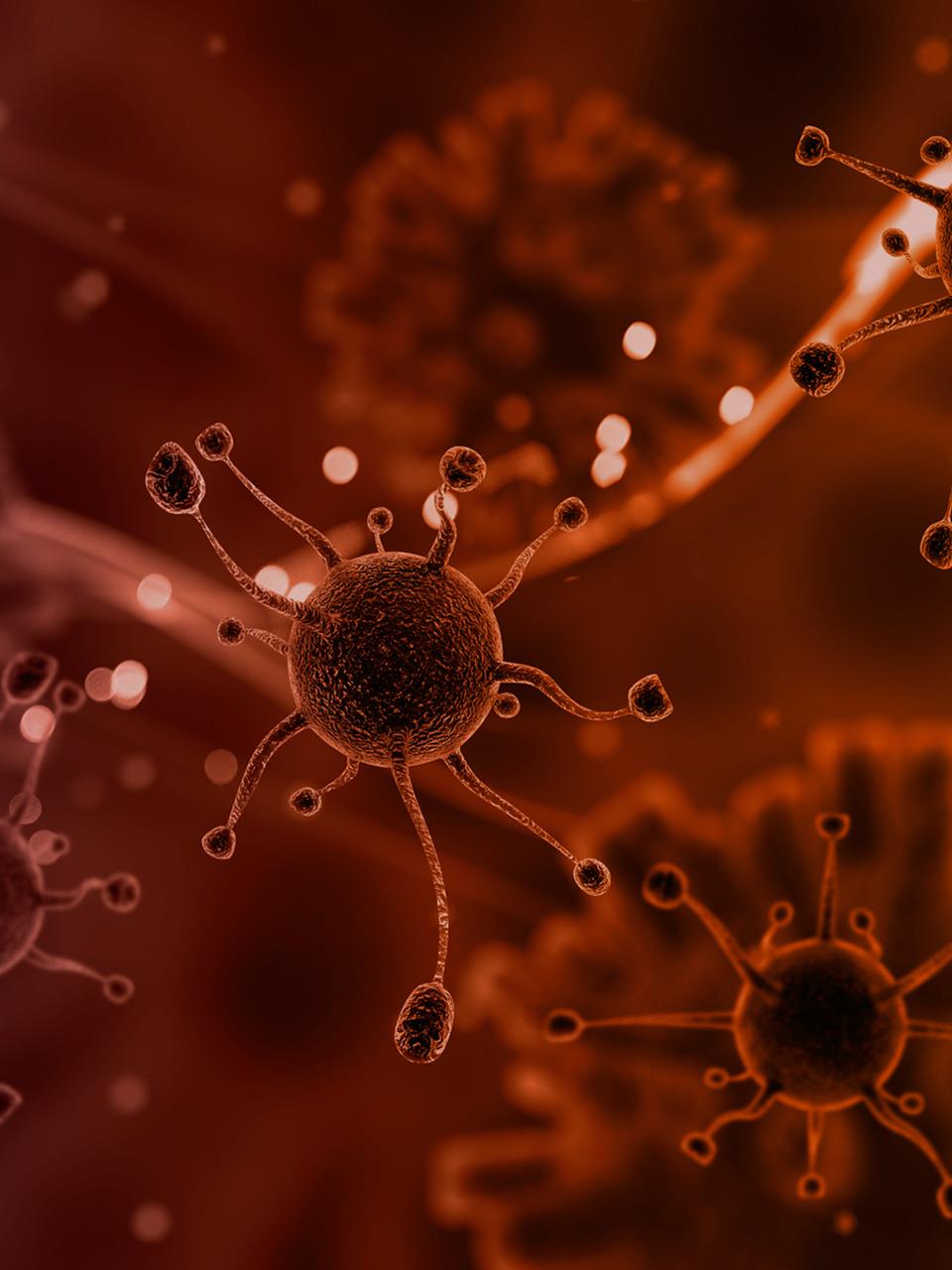There is growing evidence that free radicals are the root cause of all degenerative diseases. Excess of these unstable oxygen molecules in the body, encourages aging and tissue damage, along with aiding many complex health worries. They are more often the by-products of the oxidation process, and in severe cases give rise to severe diseases like cancer.

Tap to Read ➤
How do Free Radicals Affect the Body
Hemangi Harankhedkar


There is growing evidence that free radicals are the root cause of all degenerative diseases. Excess of these unstable oxygen molecules in the body, encourages aging and tissue damage, along with aiding many complex health worries. They are more often the by-products of the oxidation process, and in severe cases give rise to severe diseases like cancer.

Free radicals are highly unstable oxygen molecules, that are mostly produced as by-products of the oxidation process, and other chemical reactions that occur in the body. So how do they damage the body? A cell is the building block of the body, and trillions of cells make up our entire body.

Free radicals damage the healthy cells, eventually leading to tissue and skin damage and inviting hordes of other problems. This process is explained in detail further.

Damage Free Radicals can do to the Body

Free radicals are highly reactive and uncharged oxygen atoms or molecules. (Note: Two or more atoms combine to form a molecule, and molecules in turn, combine to form a cell.

Our body organs contain tissues made of cells.) Free radicals are uncharged molecules containing an unpaired pair of electrons, that need an electron to gain stability, which they try to steal from other neighboring stable molecules.

How are Free Radicals Formed
Each atom in a molecule should have a balanced number of electrons to be in a stable state. If the last orbit has a missing electron, the molecule seeks it from neighboring molecules, which results in a chemical process, leaving free radicals as by-products.

An increased number of these radicals in the body encourages aging, because the urge to gain stability drives molecules to start reacting with other stable atoms/molecules.

Atoms are the basic constituents of cells. The nucleus occupies the center of the atom; it contains protons and neutrons. The electrons revolve in shells surrounding the nucleus. For stability, each cell should have the necessary number of electrons (each orbit should have 2s2 number of electrons, where 's' is the number of the shell).

If a cell does not have the required number of electrons for a particular shell, it tries to get it from the other cells, resulting in chemical reactions. This process carries on as a chain reaction, resulting in many free radicals. Exposing the body to x-rays, cigarette smoke, and industrial chemical pollutants promotes free radical production in the body.

Damage
Free radical production in the body is a continuous and natural process. They are formed as by-products of chemical and enzymatic processes. An excessive amount of free radicals damages the body.

Studies have found that they have a role behind deadly diseases like cancer and atherosclerosis. Free radical movement in the body provokes tumor formation. It is also believed that they promote diseases like asthma, diabetes, senile dementia, and degenerative eye diseases.

Moreover, they cause biological aging as tissues are damaged. They are sometimes produced as a result of over-exposure of the body to UV rays of the sun, which can potentially damage the DNA. This said, these elements are not always damaging to the body.

Free oxygen radicals are essential for the cell maturation process, and there should be a required number of these elements in the body. They are also produced when white blood cells release them to kill pathogenic attacks, as a part of the body's defense system.

Antioxidants to Counter Free Radicals
The number of antioxidants and free radicals should be balanced. To counter the effects of free radicals, the body should produce enough of antioxidants. Antioxidants are molecules that nullify their effects, thus protecting the body from free radical damage.

They are produced as a result of metabolic processes in the body, apart from which, fruits and vegetables are good sources too. Vitamin C, carotenoids, and vitamin E are found abundantly in fruits and vegetables.

Having plenty of foods that are rich in antioxidants will protect the body from oxidative damage, and keep worries at bay. Thus, include foods rich in antioxidants in your diet, and live a healthy life.

From making your skin look dull to increasing the risk of cancer, the excessive presence of free radicals in your body is hazardous. Supplement your diet with antioxidant based foods to counteract the damage of free radicals.